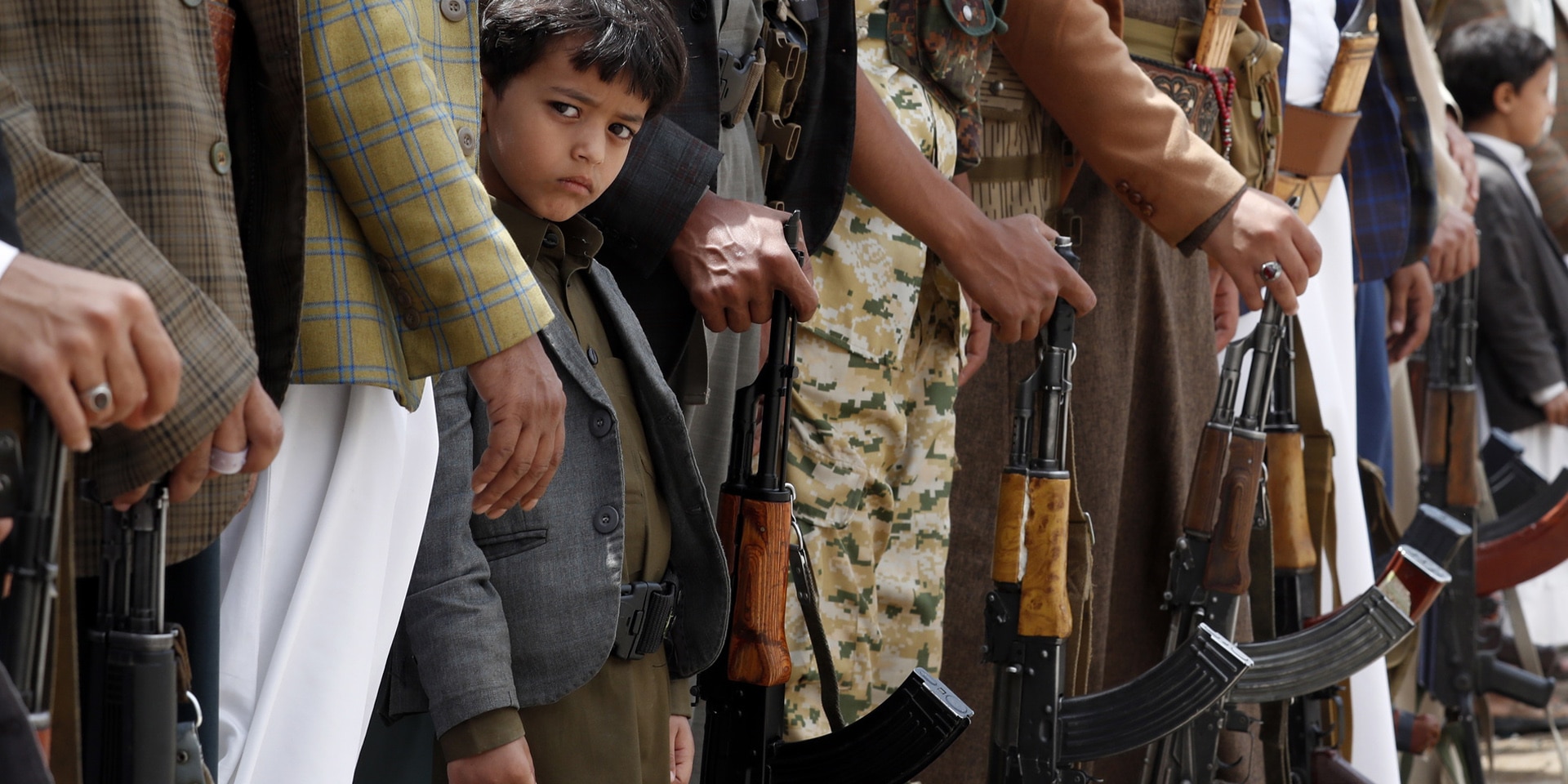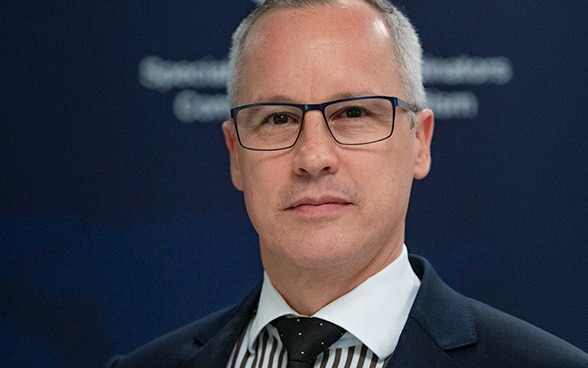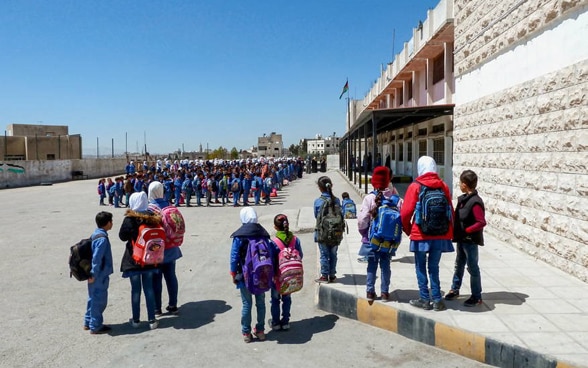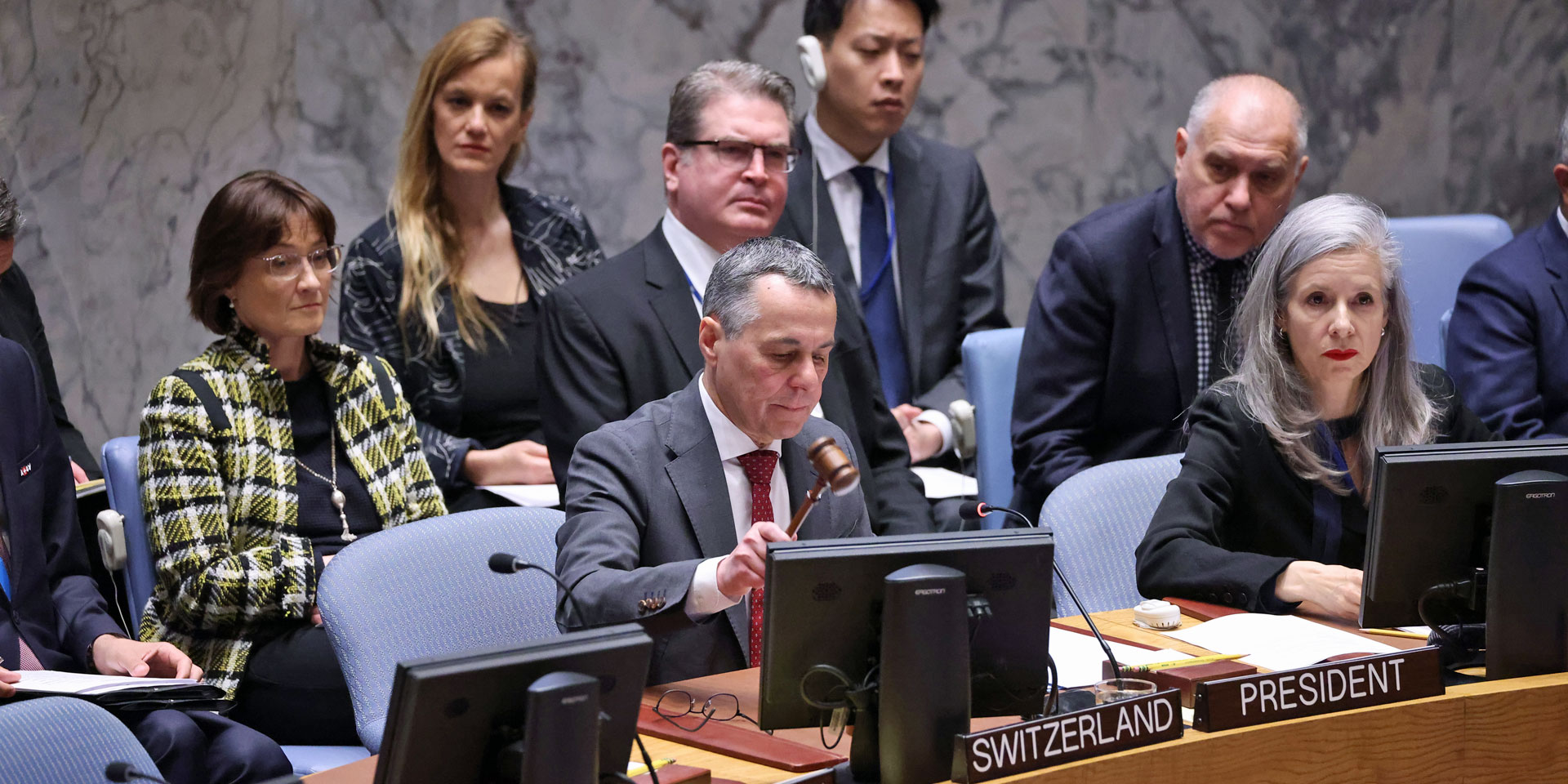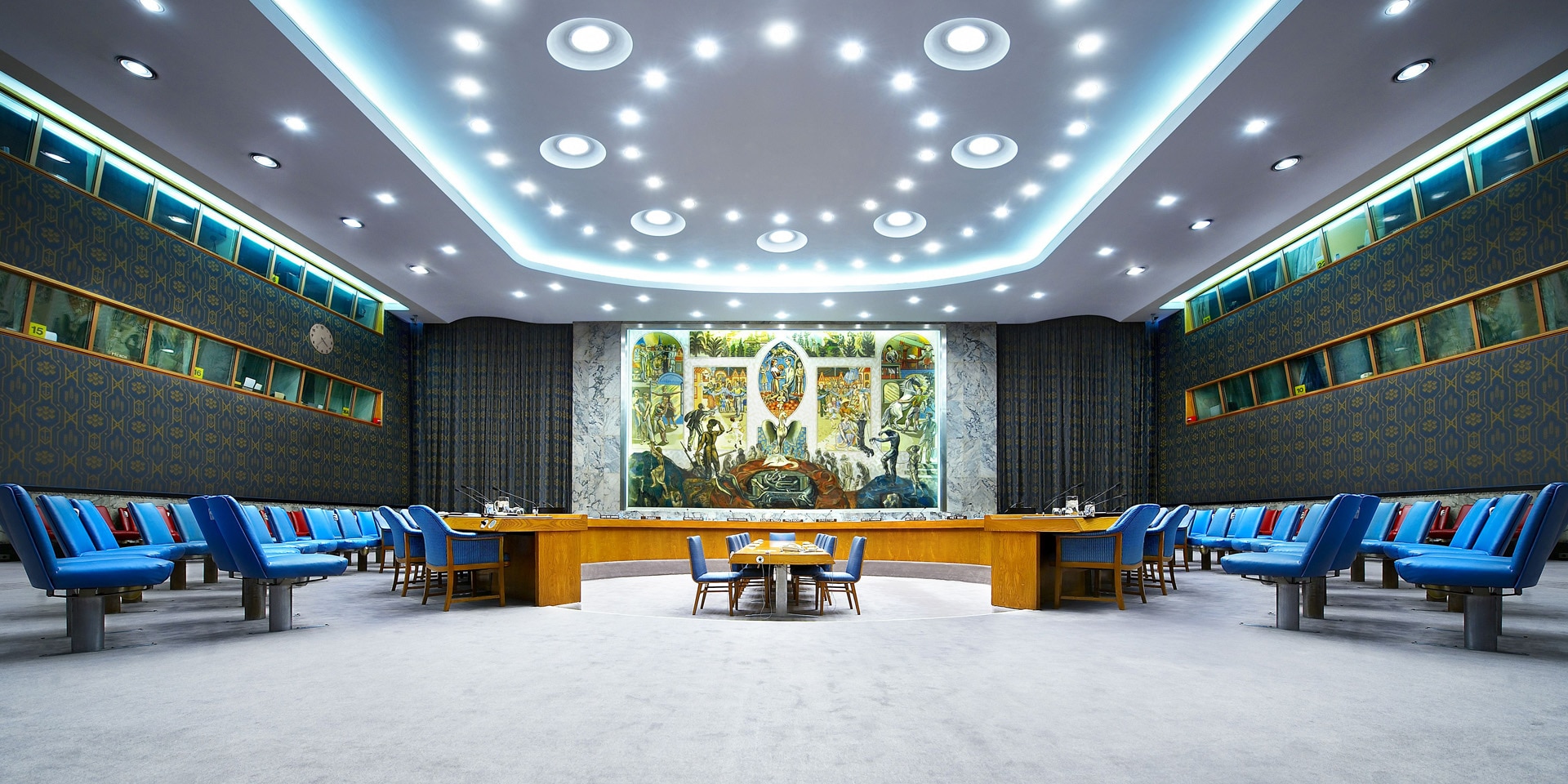UN Security Council regularly verifies violations against children in armed conflict
An armed conflict has been under way in Yemen since 2015. In 2022 alone, the UN's Monitoring and Reporting Mechanism (MRM) verified and documented 2,748 grave violations against 800 children in the country. These included cases of children being killed or maimed, or recruited and used in either combat operations or support roles. Switzerland supports the MRM because it strengthens accountability for serious child rights violations around the world.
Established by a Security Council resolution in 2005, the MRM documents the six categories of grave violation committed against children in armed conflicts by both state and non-state actors. The Security Council Working Group on Children and Armed Conflict regularly reviews the information reported through the MRM and makes recommendations for possible measures to improve the protection of children.
New schools for Syrian refugee children in Jordan
Switzerland's international cooperation work promotes education in emergency situations – for Syrian refugee children in Jordan and Lebanon, for example. Since the start of the conflict in Syria in 2011, hundreds of thousands of children have fled to neighbouring countries to escape the horrors of war. This has placed a huge additional burden on local infrastructure. As the Syrian children attend school in their host countries, the state education system is also coming under strain. Switzerland is upgrading school buildings in the region so that they can accommodate more pupils. So far, it has renovated 171 schools in Jordan and Lebanon, benefiting 110,000 local and Syrian schoolchildren.

